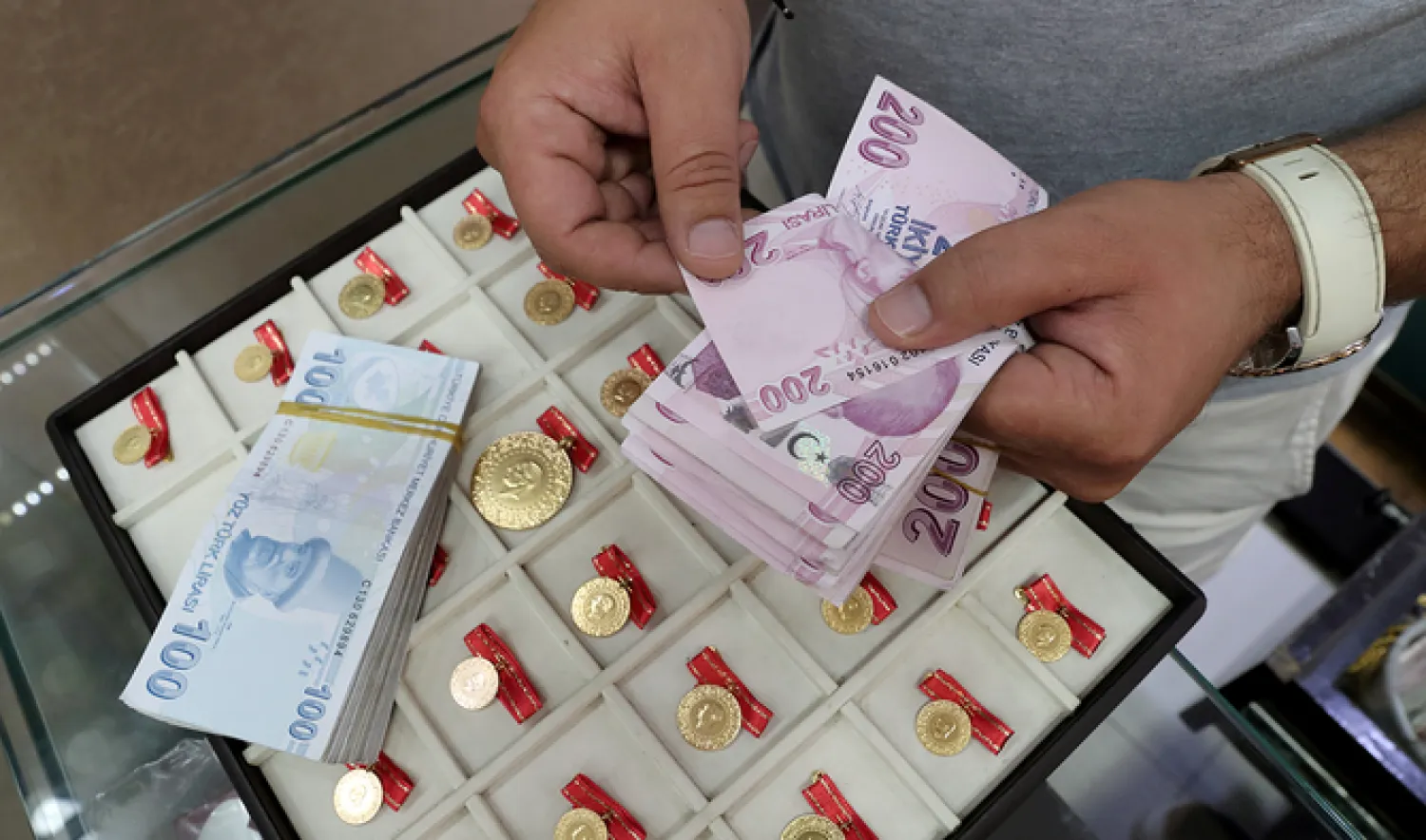Turkish President Recep Tayyip Erdogan expressed optimism that the economy will continue its positive performance and growth in the fourth quarter of 2020, despite the galloping inflation and the devaluation of the lira.
According to Erdogan, the economy is already in a speedy recovery phase. As he chaired the Presidential Cabinet, he said the third quarter of this year witnessed strong recovery.
Industrial production and retail sales rose by 30 percent, he noted. The president said that confidence surpassed 36 percent, and exports hiked by 34 percent compared to the previous fourth quarter.
Turkey has been suffering consecutive crises, compelling it to sell gold reserves in an attempt to rescue the Turkish lira (currently 8.50 against one US dollar).
Turkey's official gold holdings now amount to 561 tons down from 606.2 tons last October. This reveals 45.2 tons of gold reserves selling.
Bloomberg reported that selling was driven by Uzbekistan and Turkey, while Russia’s central bank posted its first quarterly sale in 13 years.
The central banks of Turkey and Uzbekistan sold 22.3 tons and 34.9 tons of gold, respectively, in the third quarter, the World Gold Council (WGC) said.
In a related matter, Turkey’s main opposition party accused the government of seizing accumulated dividends worth about 3.7 billion liras (USD435 million) paid by Turkiye Is Bankasi AS.
The payouts were meant for the Turkish Language Association and the Turkish History Association and were shifted to a single Treasury account, said Murat Emir, a lawmaker for the Republican People’s Party (CHP).
The CHP owns a 28 percent stake in the country’s second-largest bank after Mustafa Kemal Ataturk, the founder of modern Turkey, bequeathed the shares to the party. His will stipulated that dividends go to the two foundations.









